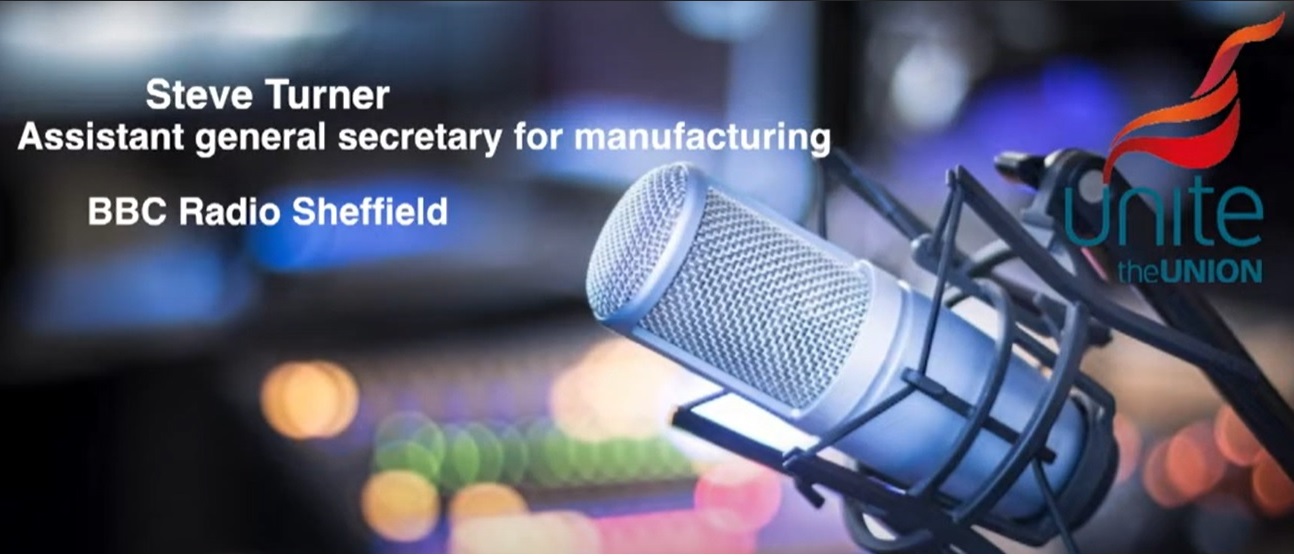â€Scrambling’ for a solution
Tata Steel’s decision on Tuesday (March 29) to sell its entire UK operation shocked the nation, and now government ministers are scrambling to come up with a solution after stalling for more than a year on measures that would aid the ailing steel industry.
Business secretary Sajid Javid was pressured into cutting short a business trip to Australia to deal with the crisis but is not expected to return until tomorrow morning (April 1).
The Telegraph reported that he had taken his daughter with him on the trip and was expecting to stay several days longer on holiday, despite knowing that Tata Steel’s board members were in talks that might make or break the entire UK steel industry.
As the business community, unions and economic experts all called for at least temporary nationalisation to help save the Port Talbot steelworks and, which employs 4,000 people, along with other Tata steel sites, prime minister David Cameron seemingly ruled out the option today.
He said that the government will do “everything we can” but said that he “didn’t believe nationalisation was the answer”.
As the government dithers on the best action to take, tens of thousands of jobs hang in the balance – the IPPR think tank estimates that, including workers in the supply chain, more than 40,000 people risk losing their livelihoods if all Tata sites were to close.
The Labour Party began a petition only yesterday (March 30) which demanded a recall of parliament to deal with the steel crisis urgently – it’s now received more than 100,000 signatures.
Take a stake
Shadow chancellor John McDonnell urged the government to consider taking a stake in the Port Talbot steel works and issued a four point plan to save the site and the wider British steel industry.
This plan included nationalising to stabilise the industry; additional government assistance in the form of, for example, relief on business rates;Â establishing a public procurement policy in which more British made steel is used for large infrastructure projects; and restructuring the business.
Tata Steel has intimated that it will not hold onto its assets for long unless a buyer is forthcoming – this could mean a period of weeks, not months, before Tata shuts its various sites if the government does not step in. The Port Talbot steelworks is said to be losing £1m every day.
While Port Talbot has dominated the news, other Tata Steel sites are under threat, many of which are actually profitable.
These sites include Shotton, North Wales; Hartlepool in the North East; Walsall in the West Midlands and Corby in the East Midlands.
The Financial Times reported that many government ministers “appeared stunned” by the news that not only Port Talbot but other sites will be put up for sale as well.
Unite rep Les Price, of the Shotton works in North Wales which employs 800 people, said that the news was “very difficult to take” especially considering that their site is profitable.
“The worst thing is the uncertainty hovering over everything – we just don’t know what’s going to happen next,” he said. “Our only option is to keep calm and take heart in certain positives. We’re hoping that the many efficiencies we’ve made over years that have turned Shotton into a successful plant will hold us in good stead.
Disappointed
“More than anything, we’re disappointed in the UK government’s inaction,” Price added. “Now that this decision has been made, we have to focus on gaining the government’s support to see us through.”
While Shotton and other Tata sites search urgently for a buyer, Tata’s Long Products division in Scunthorpe is on the verge of securing new owners.
Investment firm Greybull is in ongoing negotiations that are expected to end in a successful sale in the coming weeks.
“But before any agreement is reached we will be balloting our members on any new terms and conditions,” Unite assistant general secretary Tony Burke said of the impending deal.
Unite general secretary Len McCluskey explained on Radio 4’s Today programme this morning (March 31) exactly why it was imperative that the government take urgent action – not just to save tens of thousands of high skill jobs as well as steel communities built around the industry but also to support the wider UK economy.
McCluskey argued that the steel industry is just as important an asset deserving of government intervention as the banks were following the financial crisis.
“The National Audit Office says we put in ÂŁ1,000bn in the banks in order to secure their continued survival because the government of the day felt it was important for the economy as a whole,” he said. “And that’s precisely what we should be doing now.
“We’re appealing to the PM to take personal responsibility to recall Parliament,” McCluskey added. “This is an industrial crisis of enormous proportions not just affecting the forty or fifty or sixty thousand jobs but indeed affecting the whole of our manufacturing base.”
McCluskey explained that becoming completely reliant on imported steel if the government allows its domestic industry to fail would have massive knock-on effects on other industries requiring steel such as aerospace, defence and engineering.
He pointed to Germany, whose government protects its industry through various measures including help with energy costs and business rates, which now has a vibrant manufacturing sector. Germany, he noted, produces four times more steel than the UK does.
McCluskey hailed Scotland’s support of its steel industry when it temporarily bought two Tata plants and facilitated a sale to metals firm Liberty House last week. He called on the UK government to do the same, and to follow the lead of other European countries which defend their industries and jobs.
“It is absolutely essential for the whole of our economy to protect a foundation industry,” he said.
 Like
Like Follow
Follow


